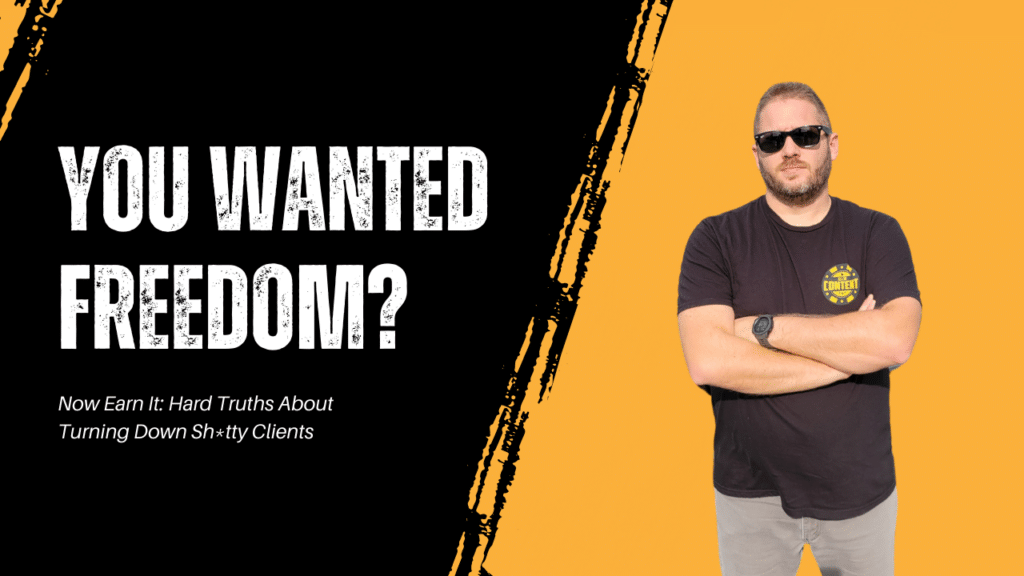All leaders must be strong evaluators of talent. They must be able to see high potentials for the future growth of their teams and identify those who are demonstrating consistent levels of high competence.
Competency
When you think about competent people, you’re only considering three types of people:
- Thinkers: Those who can see what needs to happen.
- Doers: Those who can make it happen.
- Clutch Players: Those who can make things happen when it really counts.
From a personal perspective, I can 100% guarantee that those above you in the org chart assess you and your competencies. Are you a thinker, a doer, or a clutch player? How about those who you work with or report to you?
Plan To Delegate And To Whom
Depending on how competent and talented you deem those around you, it will determine the type of delegated tasks. It’s important to establish loose criteria before looking to delegate responsibilities to your team, based on their competency rating:
- Current capabilities and experiences
- Have they done the task before?
- Skills and competencies
- Could they perform the task?
- Development potential
- Will this help them grow?
- Availability
- Do they have the time or bandwidth?
- Motivation and commitment
- Are they willing to take on the responsibility?
- Task consistent with the individual’s goal for development?
- Is this something that makes sense to give them?
Asset Or Liability
It’s also important to evaluate yourself too. Believing in simplicity whenever possible, I recommend looking at yourself (and others) through the lens of being either an asset or a liability. The reality is, as a leader, you are either an asset (helping) or liability (hurting) at times. When there’s a problem or challenge you are confronted with, how do you react?
- As one of the first responders to the scene, how do you react?
- What do you do? With the option of two buckets to choose from, one containing water and the other gasoline, what do you do?
- Do you make it better or worse? Before the fire becomes a bigger problem, do you pour water or gas on it?
- You must ask yourself continuously, are you leading your team with water or gas?
- Am I an asset or liability with this situation?
- How do your talent and competencies stack up?
I tend to look at my team members in this light and determine the group’s collective bench strength in certain situations. If you have more liabilities than assets, you know what you need to work on.
Improve your ability to evaluate talent and the competencies of yourself and others. You need a mix of talent (thinkers, doers, and clutch players). If you don’t have them, find them.







